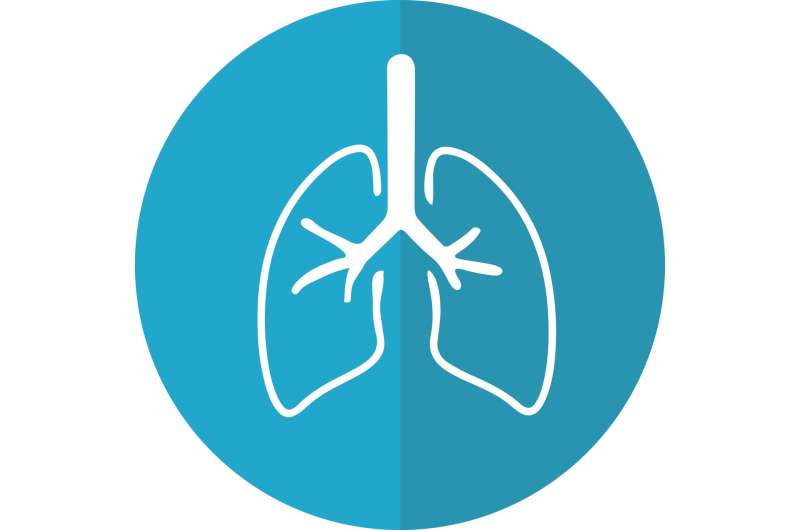Promising Results for BMS-986504 in Treating MTAP-Deleted Non-Small Cell Lung Cancer

Clinical trials reveal promising and durable responses of BMS-986504 in treating MTAP-deleted NSCLC, including in patients with EGFR and ALK alterations, paving the way for personalized lung cancer therapies.
Recent clinical findings from the Phase I CA240-0007 trial highlight the potential of BMS-986504, a novel targeted therapy, in managing patients with MTAP-deleted non-small cell lung cancer (NSCLC). Presented at the International Association for the Study of Lung Cancer 2025 World Conference, these results demonstrate durable responses across various genetic subtypes, including patients with EGFR and ALK alterations who had progressed after prior treatments.
BMS-986504 is a first-in-class agent that selectively inhibits PRMT5 when complexed with MTA, a metabolite that accumulates in cancers with homozygous deletion of the MTAP gene—an alteration present in approximately 10-15% of all cancers, with NSCLC accounting for up to 27% of these cases. The drug’s mechanism involves targeting and disrupting the PRMT5-MTA complex, inducing cancer cell death while sparing normal tissue, thus representing a precision therapy approach.
In the study, 35 NSCLC patients with MTAP deletion received BMS-986504. The results showed a 29% overall response rate and an 80% disease control rate, with some patients exhibiting unconfirmed responses pending follow-up scans. Notably, responses were observed in patients who had received prior targeted therapies for EGFR and ALK alterations, with median response duration reaching 10.5 months and a median follow-up of 11.7 months.
The therapy was generally well tolerated, with most adverse events being mild (grade 1 or 2). A small percentage of patients experienced grade 3 or higher treatment-related adverse events, mainly hematologic toxicities such as anemia, neutropenia, and thrombocytopenia, which were manageable.
Dr. Pasi Jänne from Dana-Farber Cancer Institute emphasized the significance of these findings, stating that BMS-986504 offers a targeted and selective approach for this difficult-to-treat patient population. The promising results support further development, including ongoing studies assessing the drug as monotherapy and in combination with immunotherapy and chemotherapy for advanced NSCLC with MTAP deletion.
Overall, these advancements underscore the potential of personalized medicine in lung cancer treatment and provide hope for improved outcomes in genetically defined cancer subsets.
Source: https://medicalxpress.com/news/2025-09-bms-durable-responses-mtap-deleted.html
Stay Updated with Mia's Feed
Get the latest health & wellness insights delivered straight to your inbox.
Related Articles
Enhancing Accessibility to Clinical Trials for Cardiomyopathy Patients
The American Heart Association is launching a new initiative to improve access, awareness, and participation in clinical trials for cardiomyopathy, focusing on underserved populations and emerging gene-editing therapies.
New Fibroblast Type Identified as Key Player in Overgrown Scar Formation and Recurrence
Researchers identify a new subtype of fibroblast expressing PIEZO2 that may be responsible for the formation and recurrence of keloids, offering hope for targeted treatments of overgrown scars.
World Health Organization Confirms No Link Between Tylenol, Vaccines, and Autism
The World Health Organization has confirmed that there is no scientific evidence linking Tylenol or vaccines to autism, countering recent unproven claims. Learn more about the facts and safety recommendations.



